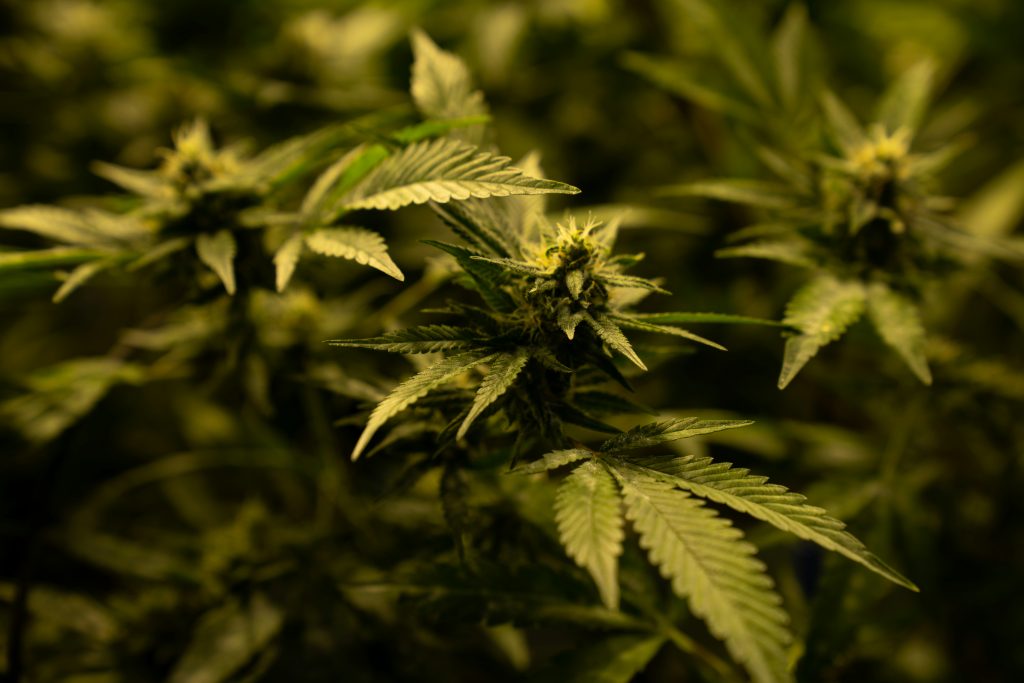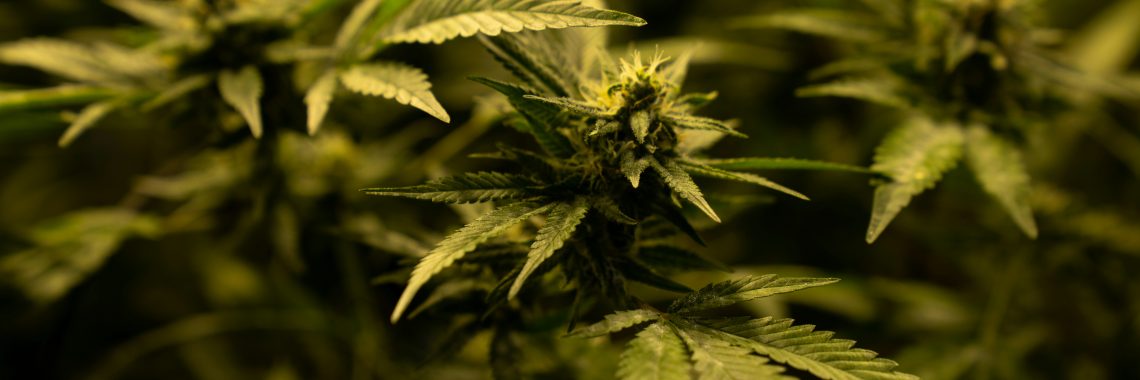Religious Liberty Commission Discusses Faith at Schools
"Religious liberty in education should not be a partisan issue. It is a matter of human dignity, family rights, and national flourishing. Our nation will continue to benefit from generations of young people formed in both knowledge and virtue if faith-based schools are free to… pic.twitter.com/UJtcNy0Pne
— Alliance Defending Freedom (@ADFLegal) September 29, 2025
On Monday, our friends from Alliance Defending Freedom testified at the Presidential Religious Liberty Commission.
In May, President Trump signed an executive order establishing the commission. The commission is responsible for “producing a comprehensive report on the foundations of religious liberty in America, strategies to increase awareness of and celebrate America’s peaceful religious pluralism, current threats to religious liberty, and strategies to preserve and enhance protections for future generations.”
The primary purpose of Monday’s commission meeting was to discuss religious liberty in education.
During his testimony before the commission, ADF Vice President of Appellate Advocacy John Bursch said:
“Religious liberty in education should not be a partisan issue. It is a matter of human dignity, family rights, and national flourishing. Our nation will continue to benefit from generations of young people formed in both knowledge and virtue if faith-based schools are free to live out their missions and families are free to choose them.”
In recent years, news outlets and congressional testimony have alleged that government policies and government agencies have been weaponized against people of faith — especially conservative and Christian organizations.
More broadly, wedding venues, bakeries, photography studios, and florist shops all have been taken to court or targeted by government officials because their owners wanted to operate according to their deeply held convictions.
In March, the Arkansas Legislature passed Act 400, the Religious Rights at Public Schools Act of 2025.
This good law by Sen. Mark Johnson (R — Little Rock) and Rep. Alyssa Brown (R — Heber Springs) affirms public school students’ and teachers’ religious liberties.
Act 400 identifies and upholds religious freedoms that are already protected by state and federal law — such as the right to pray, discuss religion, or read the Bible during free time at school.
The measure also helps make sure that religious expression is treated equally to other types of speech at school.
This will help prevent schools from squelching anyone’s religious liberties.
People should be free to live and operate according to their deeply held religious convictions, and we must protect religious freedom at school. That is why it is so important for our laws — and the government agencies that enforce those laws — to protect religious liberty as much as possible.
When it comes to religious liberty, public schools have been a battleground for more than 60 years.
We appreciate our friends at Alliance Defending Freedom standing up for the free exercise of religion in America.
The Religious Liberty Commission says it will hold another hearing to discuss religious liberty issues in the military on November 17.
Articles appearing on this website are written with the aid of Family Council’s researchers and writers.
New Study Links Marijuana to 400% Higher Risk of Diabetes

New research shows marijuana is linked to a 400% increased risk for developing diabetes.
Researchers presented the findings in September at the annual meeting of The European Association for the Study of Diabetes. The study reportedly relied on health data from more than four million adults.
Across the board, a growing body of scientific evidence shows marijuana is harmful.
Just this year, researchers announced marijuana use doubles a person’s risk of death from heart disease.
Heavy marijuana use is associated with a threefold increased risk of certain cancers.
Marijuana use during pregnancy has been shown time and time again to hurt unborn children and newborns.
Experts have linked heavy marijuana use to paranoia, memory loss, schizophrenia, and other serious problems.
And instead of decreasing crime, marijuana legalization has emboldened drug cartels and fueled the flow of illegal drugs across America.
The tax revenue that states receive from marijuana sales does not justify the harm that marijuana causes.
All of this should serve as a word of caution to Arkansans. Since 2020, there have been multiple efforts to legalize marijuana by writing it into the state constitution or by letting companies manufacture and sell dangerous drugs made from hemp. Fortunately, voters and lawmakers have rejected those bad proposals.
As we have said for years: Marijuana may be many things, but “harmless” simply is not one of them.
Articles appearing on this website are written with the aid of Family Council’s researchers and writers.



